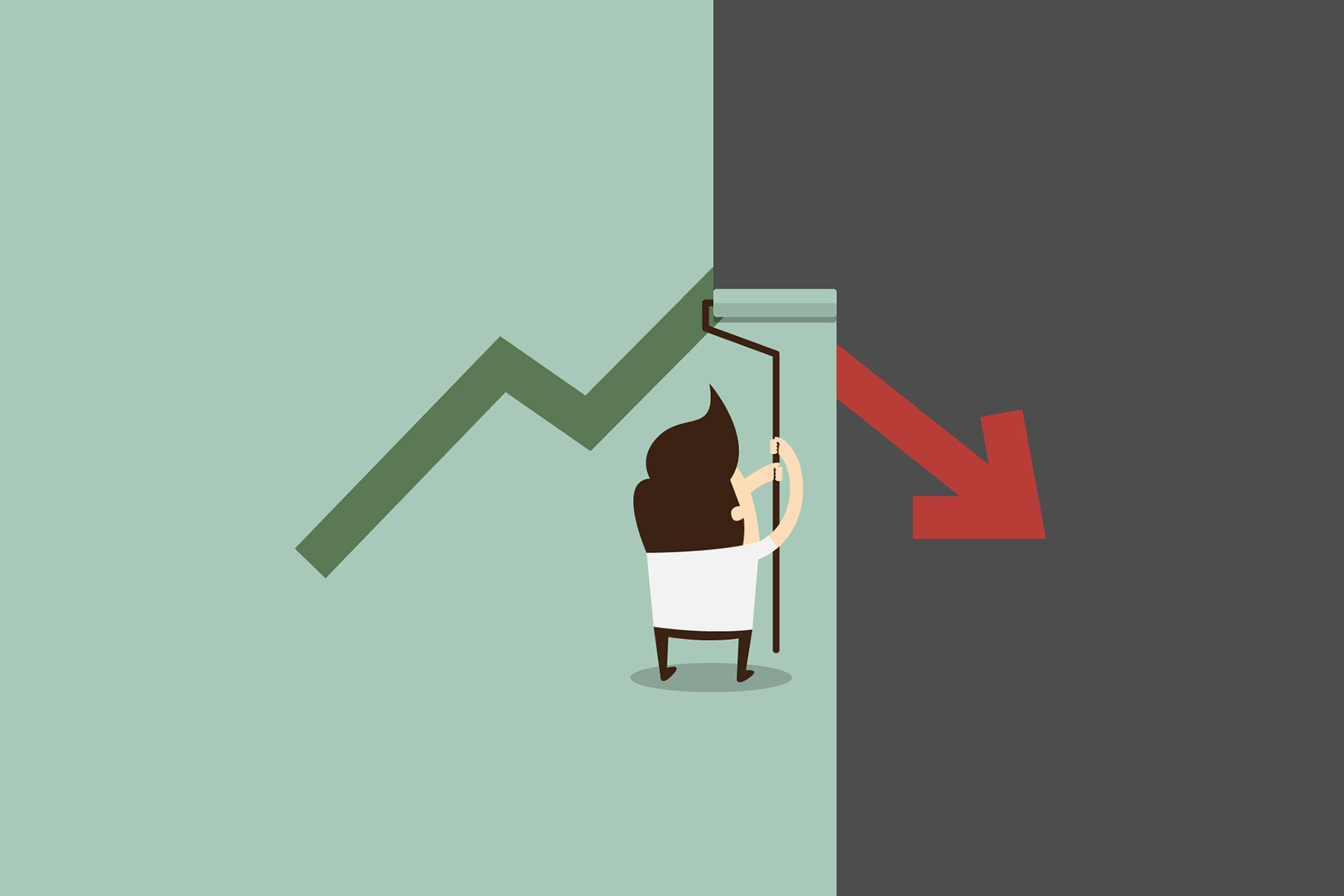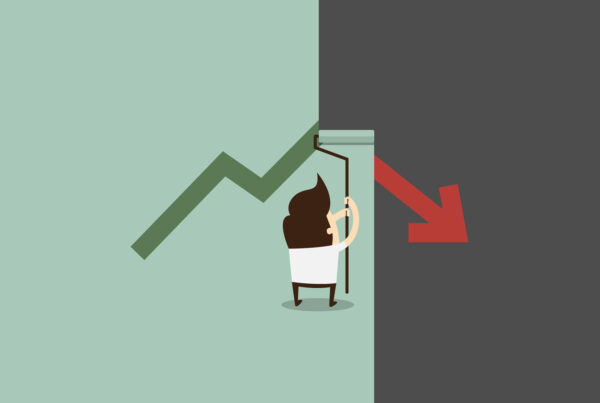Reasons why websites can go offline
There are numerous reasons why a website can go offline: it can be caused by everything from natural disasters, such as floods at your web host’s data centre, to you accidentally putting your site into maintenance mode. Some causes are more common than others, however, and in this next section, we’ll look at the ones which are most likely to affect your site.
1. Scheduled server maintenance
Like any other computer, the server on which your website is hosted needs to be looked after. From time to time, your web host will need to update software, install security patches and upgrade hardware. Whilst much of this can be done while the server is still in operation, occasionally, this will mean the server needs to be temporarily taken offline or rebooted. When this happens, your website may be unavailable (though there are some forms of hosting where this is not necessary).
Web hosts are aware of how this can affect customers and they undertake their maintenance at times which are least likely to cause disruption to your business. For example, they will avoid times of the day when web traffic is the busiest. However, if your web host is based in another country, the time differences can mean this is less convenient.
2. Server overload
Sometimes websites can go down because the server on which they are hosted cannot handle the number of processes taking place. One cause of this is the DDoS attack where a hacker will flood a server with so many traffic requests that it goes offline. It can also happen on a shared server where one of the websites being hosted receives so much traffic that the other sites suffer performance problems as a result. It can also happen if something on your website goes viral and you suddenly get unexpectedly high volumes of visitors all trying to reach your site at the same time.
If you use shared hosting, make sure your web host puts measures in place to prevent other user’s websites usurping all the server resources. If you find that the amount of traffic you receive is regularly taking your site offline, this can be a sign that you have a very popular website and that you need to upgrade to a larger hosting package to handle all your traffic.
3. Coding errors
A common cause of downtime is due to coding errors on your website. Whilst individual pieces of software are usually error free, sometimes when you run them together they may cause a conflict. For example, if you run a WordPress website, you may find that two separate plugins are incompatible. Each may work perfectly when the other isn’t installed but when both are installed your site may go offline. If this happens, you may need to find an alternative plugin.
Another coding error happens when people tinker with the coding on their site without really knowing what they are doing. Lots of people do this, particularly with CMS website software like WordPress. If you intend to tinker with the coding, always make sure you have a backup so that, if the worst happens, you can get your site back online quickly.
4. Hacking
Besides the DDoS attacks we mentioned earlier, there are other forms of hacking that can take your site offline. If a hacker gets access to your cPanel or your server area, they can take your site down by deleting or tampering with files. Alternatively, they can redirect your visitors to other websites, so whilst it might look like your site is online, everyone who tries to visit it ends up on a different and often malicious website. To avoid this, always use strong login passwords and keep your site secure.
5. Poor hosting
If you find that your website goes offline on a regular basis, it could be that you have opted to go with a poor-quality web host. They could be using outdated hardware, cramming too many users on to each server or simply not monitoring how well their servers are performing. If this is the case, you need to migrate your site to a different and more reliable web host.







